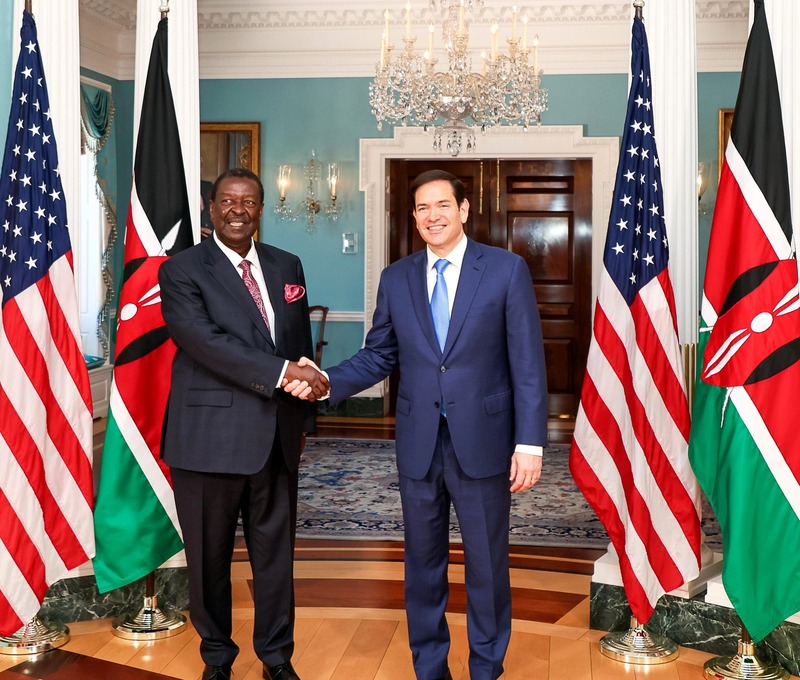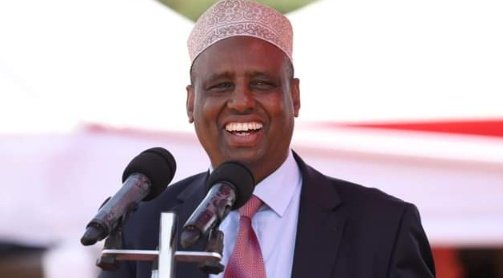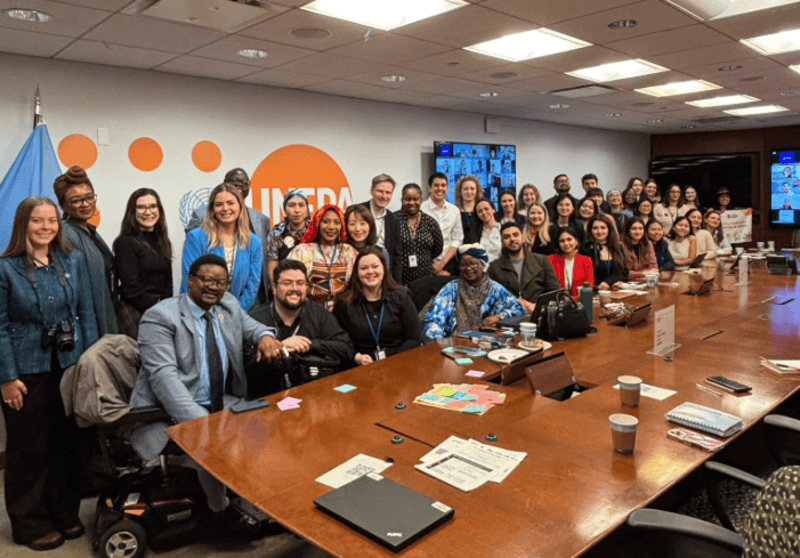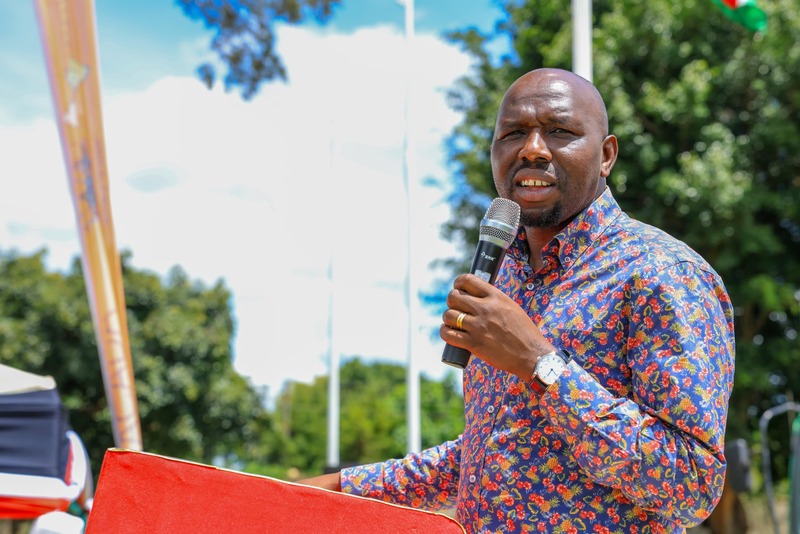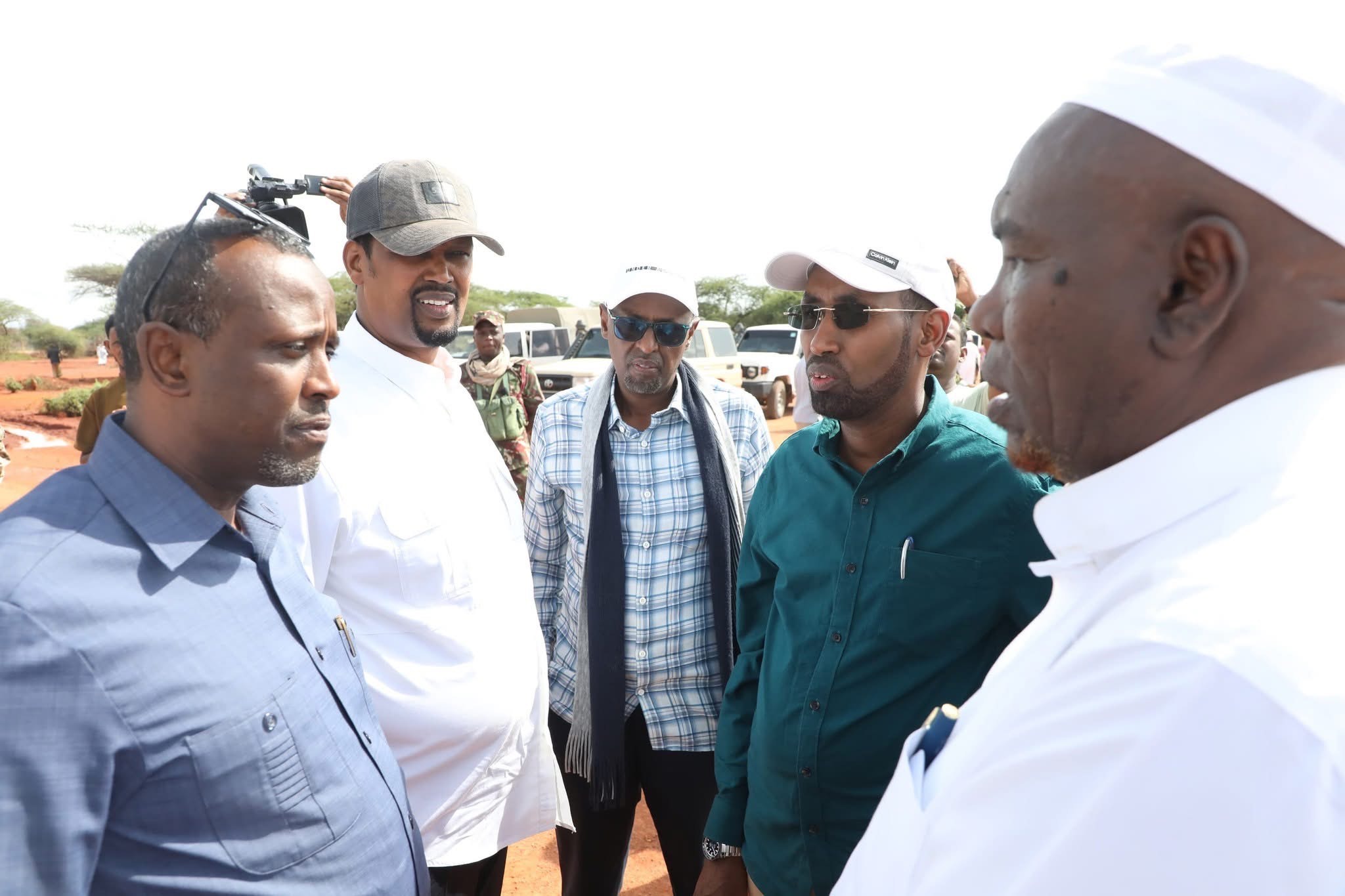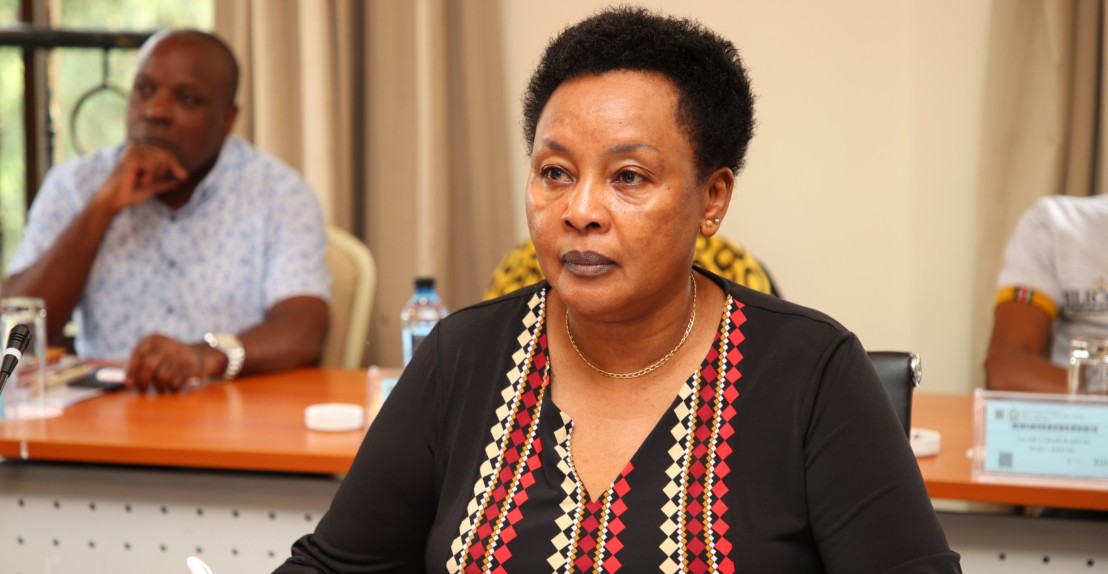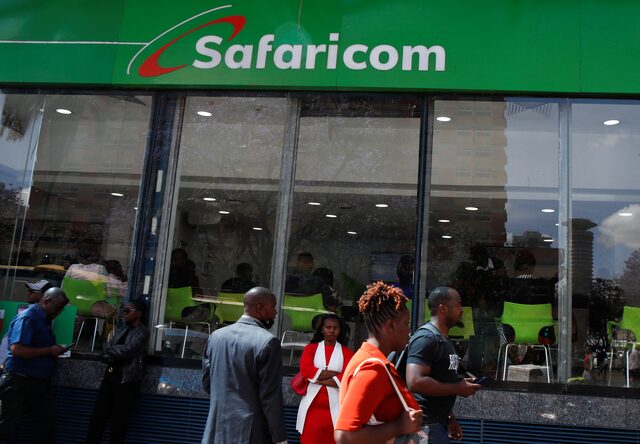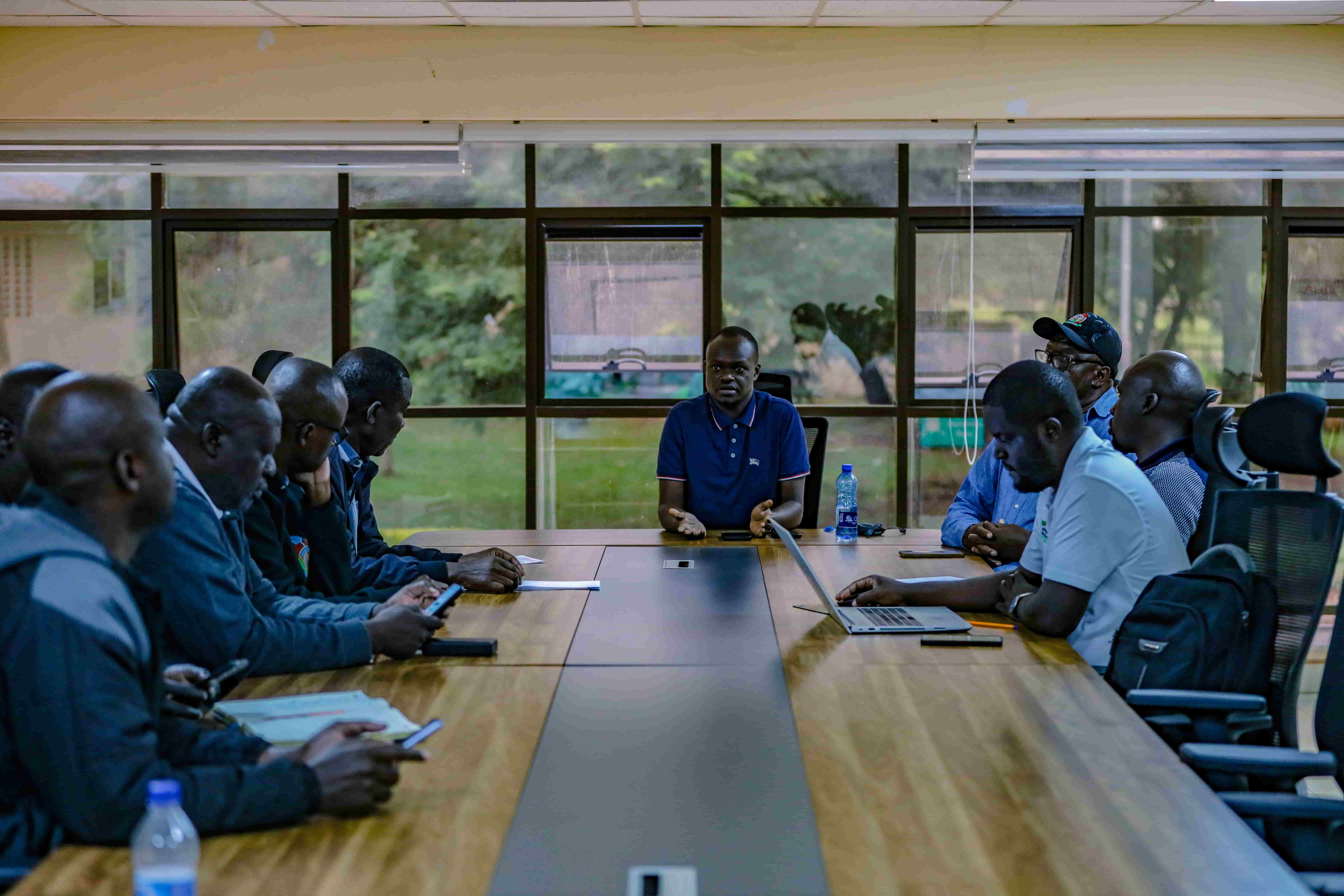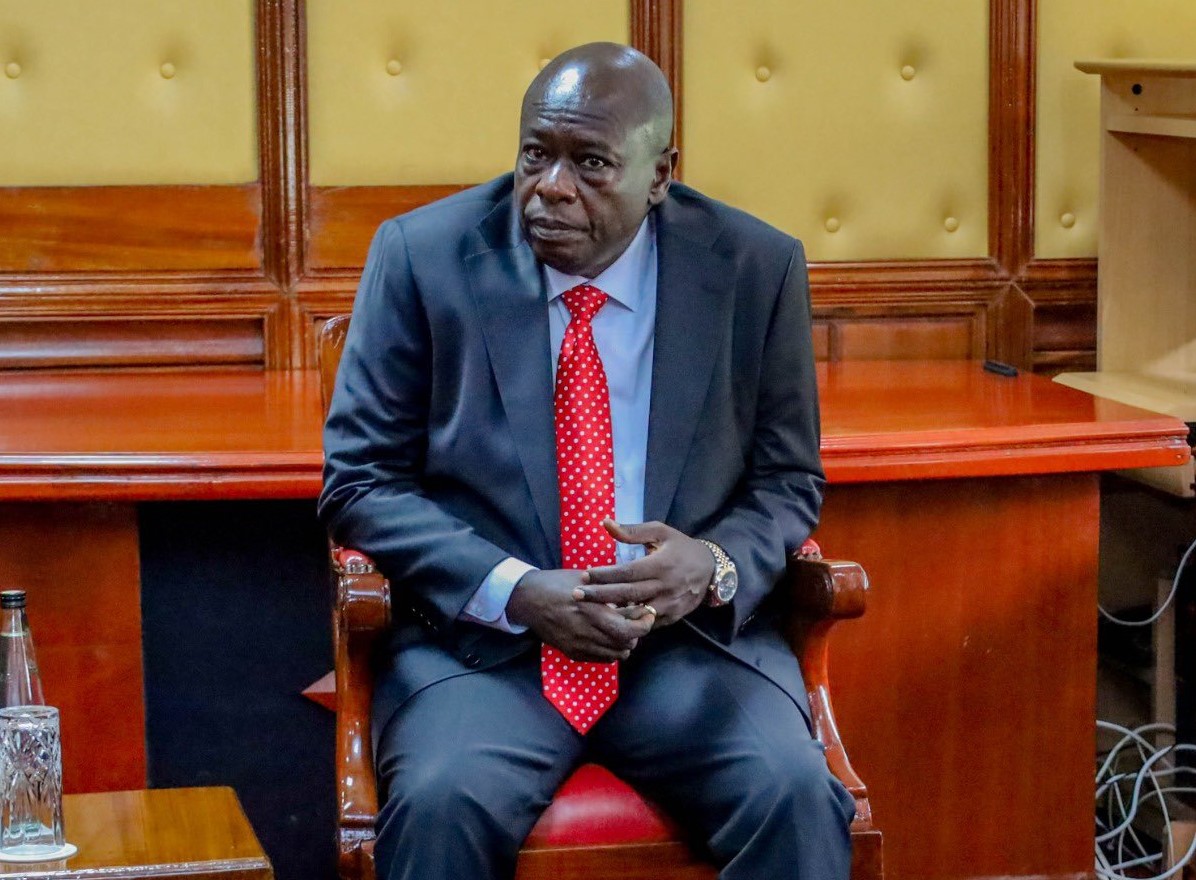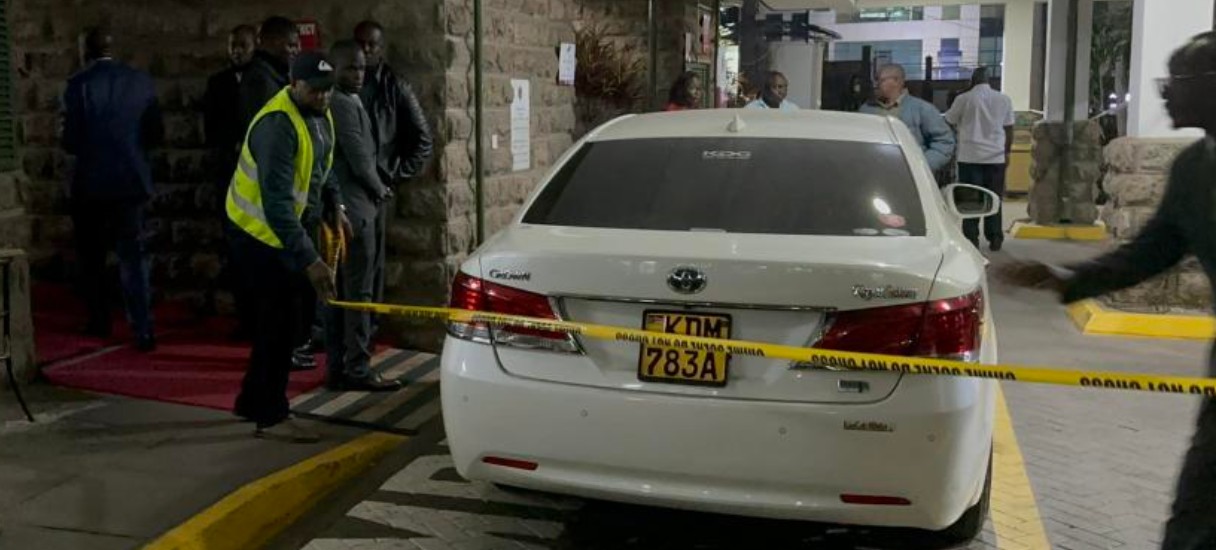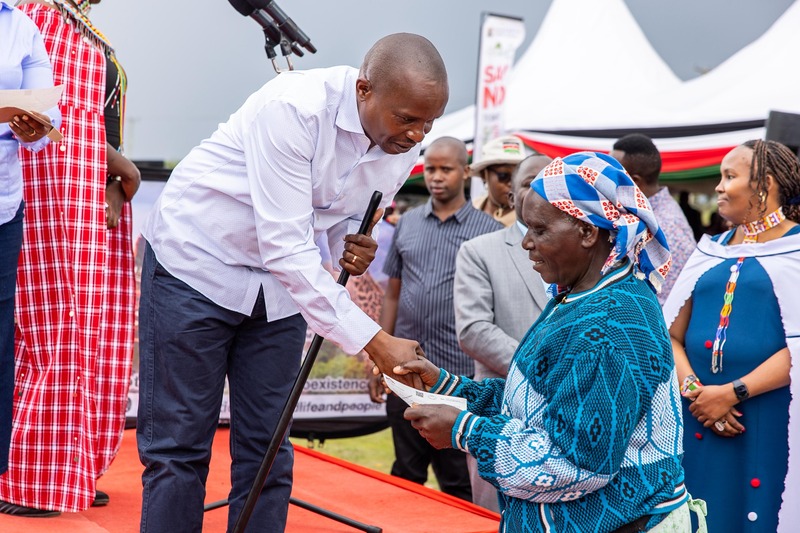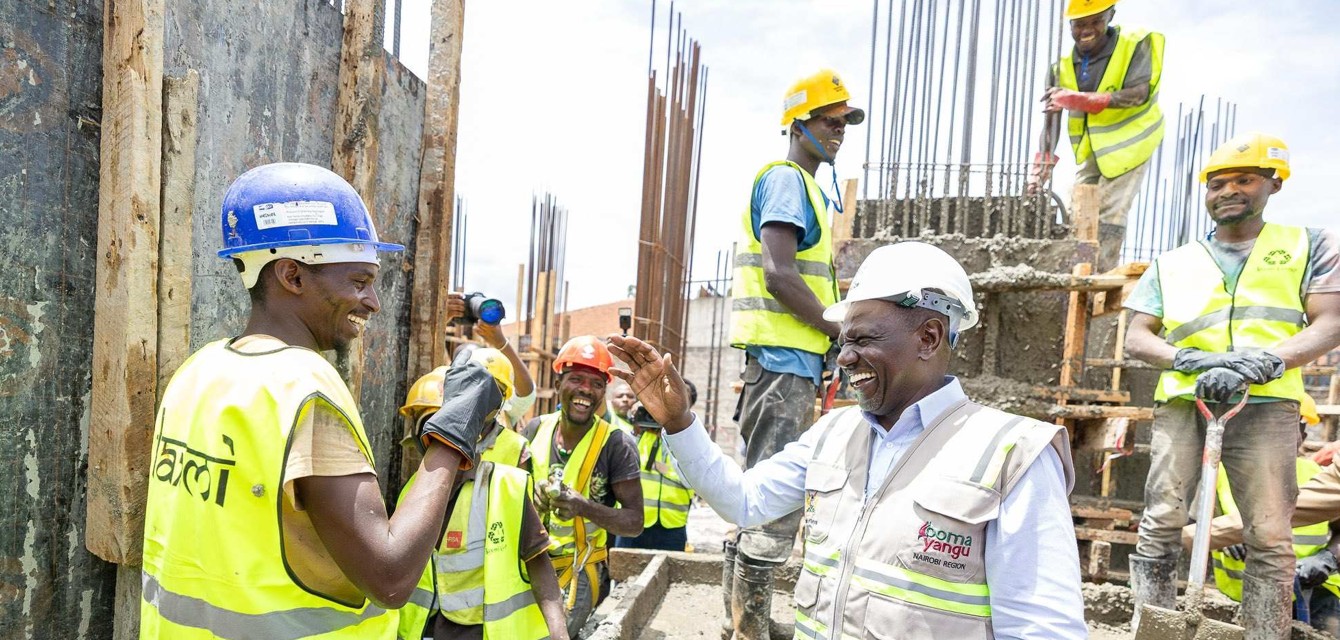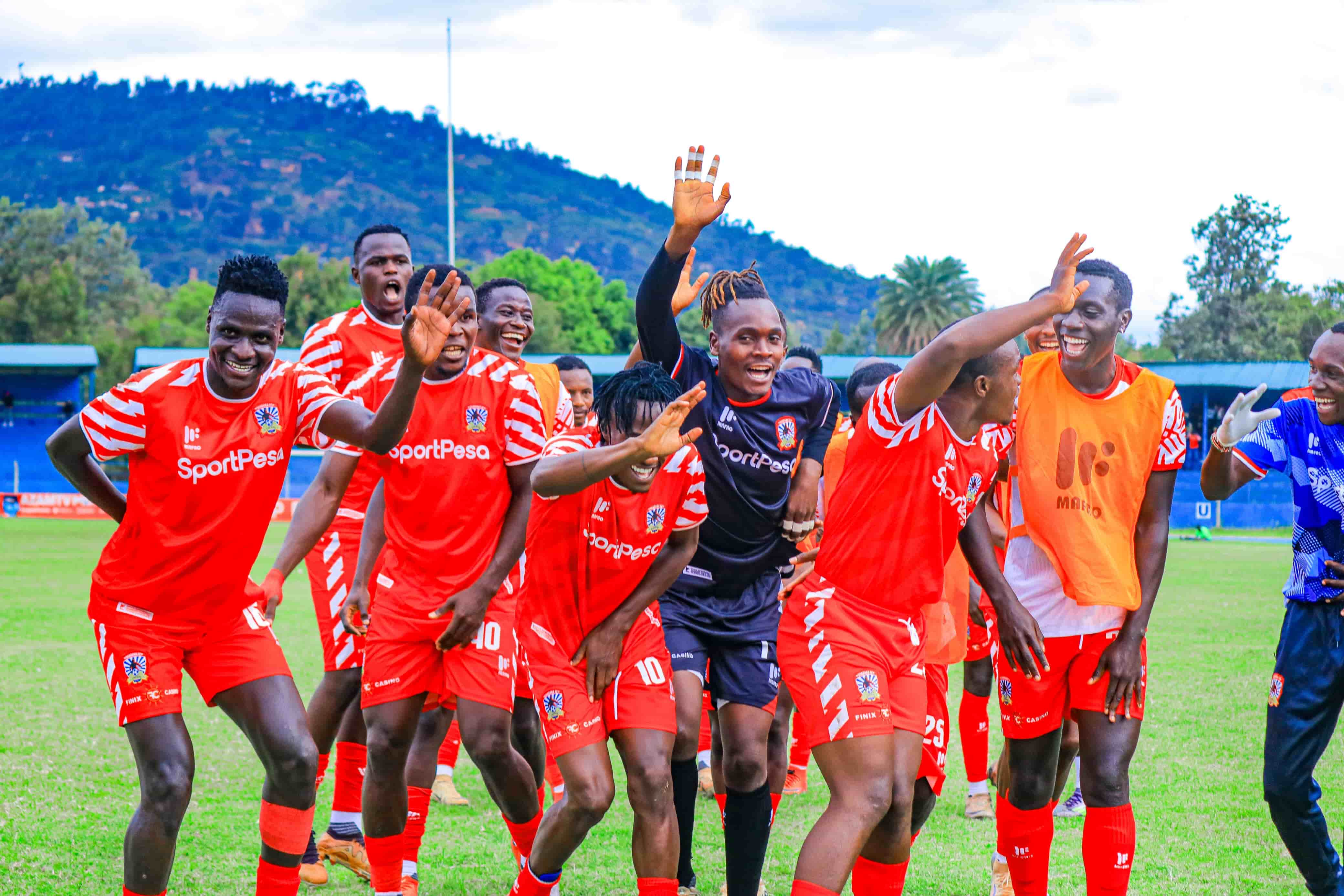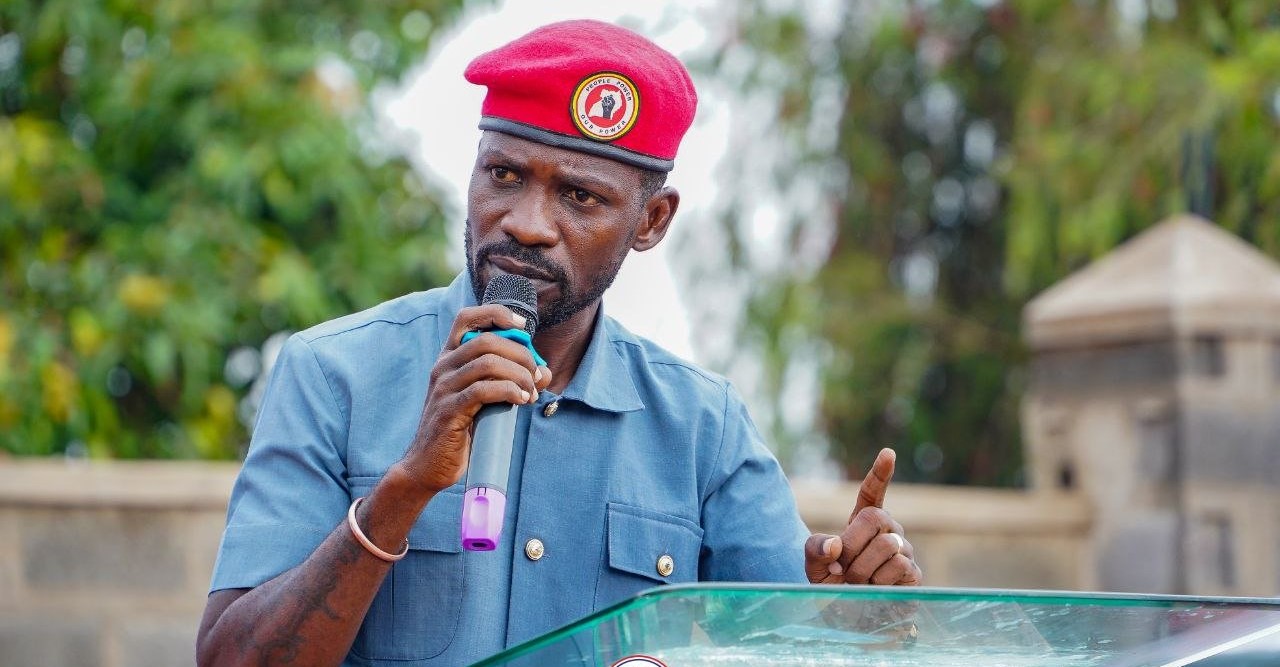Kenya classified as 'repressed' due to police brutality during Gen Z protests
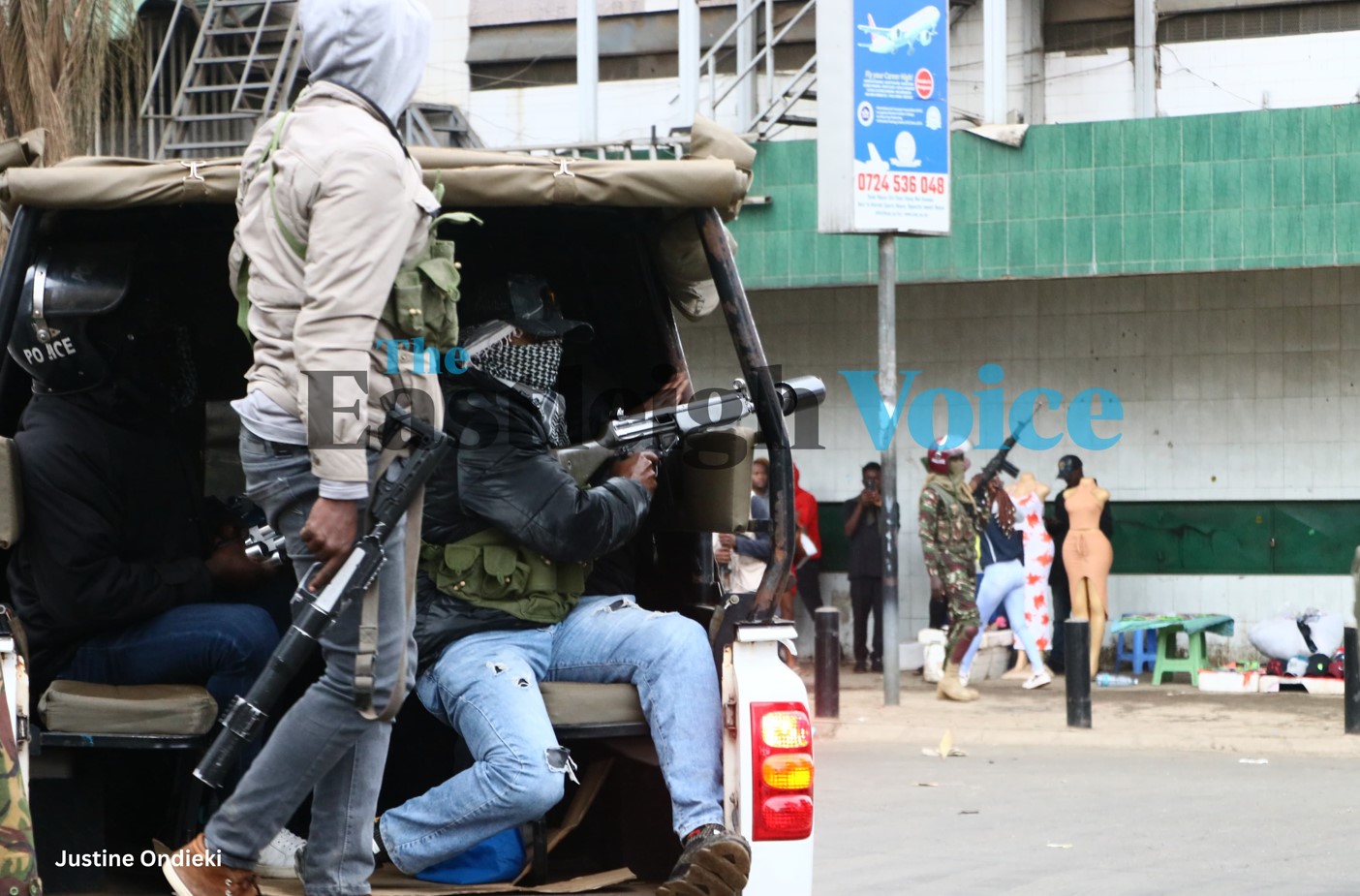
According to CIVICUS, the violent suppression of demonstrations, which left at least 60 people dead and over 1,000 arrested, marked a severe curtailment of civic freedoms.
A global report has placed Kenya among 50 sub-Saharan African nations accused of suppressing human rights in the past year.
The report dubbed People Power Under Attack 2024, published by the civil society organisation CIVICUS, downgraded Kenya's civic space rating from "obstructed" to "repressed," citing police brutality during mid-2024 protests.
More To Read
- Police obstruction, ODPP inaction frustrate efforts to punish killer cops - IPOA
- Opposition leaders accuse Ruto government of extrajudicial killings and land grabbing, reject IEBC process
- Justin Muturi: Why I remained in Ruto's Cabinet despite my son's abduction
- I won’t be silenced, Ruto dialed the wrong number- Muturi
- 13 police officers, NIS agent charged with murder of two Indians, taxi driver
- Kenya abductions: The powerful legal shields citizens and courts can use – Expert
According to CIVICUS, the violent suppression of demonstrations, which left at least 60 people dead and over 1,000 arrested, marked a severe curtailment of civic freedoms.
“Abductions of protesters and online supporters have continued months after the demonstrations, creating a chilling effect on civic participation,” reads the report.
The protests began as a reaction to a proposed Finance Bill that sparked widespread public outrage due to its heavy tax implications on essential goods and services.
The government argued the bill was necessary to address the country’s foreign debt, but critics called it a punitive burden on struggling citizens. The proposal also included a controversial motor vehicle tax of 2.5 per cent of a vehicle’s value.
Protesters, mostly young people, took to the streets in over 35 counties, including Nairobi, Kisumu, and Mombasa.
On June 20, during Parliament's debate on the bill, security forces used water cannons, tear gas, and live ammunition to disperse peaceful demonstrators. Witnesses reported sniper attacks on protestors, and several deaths and injuries were recorded.
Despite the police violence, the protests continued. News of the bill passing its second reading led to smaller demonstrations targeting MPs who supported it, with protesters marching to their homes and offices demanding resignations. Some properties linked to MPs were damaged.
The report also detailed how Kenyan security forces disrupted peaceful demonstrations with water cannons, tear gas, and live ammunition.
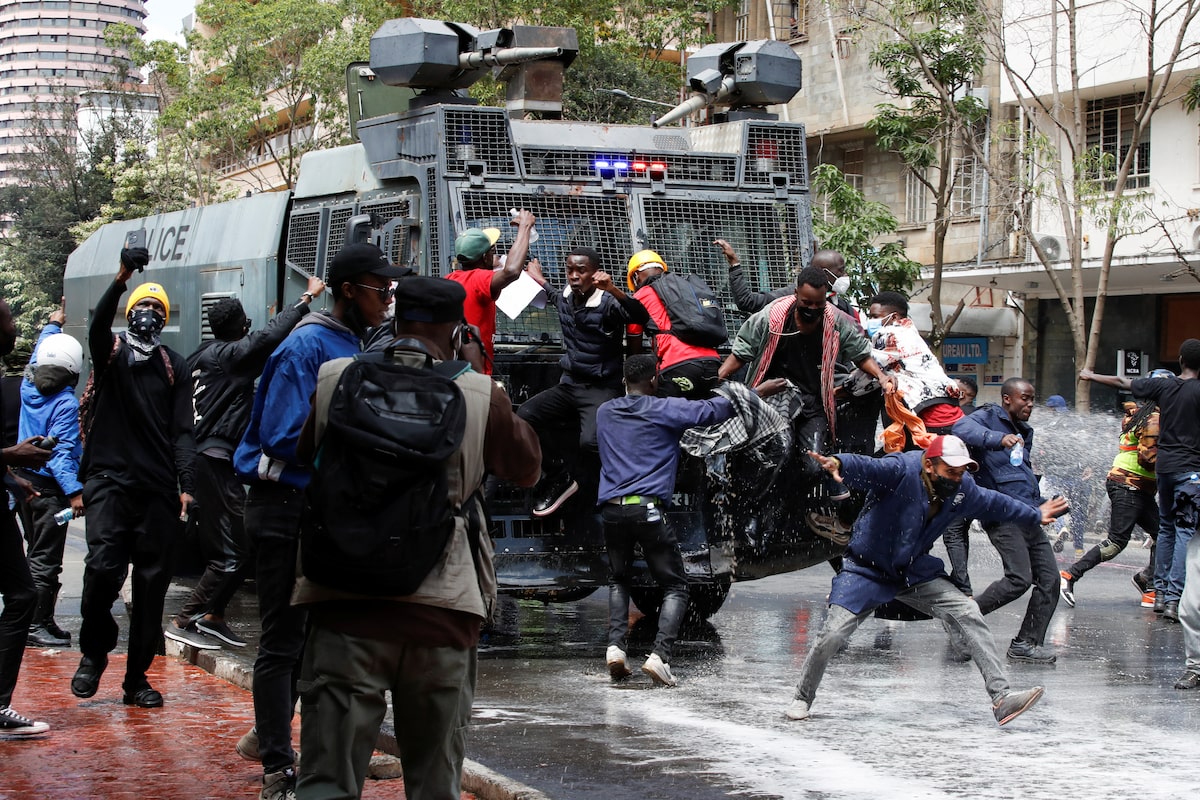 Demonstrators during anti-Finance Bill protests. (Photo: Handout)
Demonstrators during anti-Finance Bill protests. (Photo: Handout)
It further accused authorities of targeting activists, journalists, and medical personnel, violating constitutional rights to peaceful assembly.
"As protests persisted, security forces intensified their crackdown, with reports of abductions and arrests of social media influencers and other vocal supporters. On June 25, several influencers were detained ahead of further nationwide protests. Demonstrators in Nairobi marched towards Parliament, where the bill was undergoing its third reading. Police responded with live ammunition and tear gas, resulting in more deaths, including inside Parliament," reads the report.
It states that by July 1, the Kenya National Commission on Human Rights reported at least 39 deaths, 361 injuries, 32 cases of enforced disappearances, and 627 arrests linked to the protests.
Meanwhile, internet disruptions were reported during the protests, and local media outlets faced threats for their live coverage of police actions.
On June 28, the High Court temporarily restrained police from using excessive force against protesters and prohibited extrajudicial killings, abductions, and harassment. However, allegations emerged of paid goons infiltrating protests, inciting violence, and looting, further complicating the demonstrations.
President William Ruto announced on June 26, that he would not sign the Finance Bill into law, citing the need for dialogue with the youth. However, protests expanded under the hashtag #RutoMustGo, calling for government accountability, police reforms, and an end to corruption.
Diaspora communities held solidarity protests in countries including Germany, the UK, and the US, echoing calls for better governance.
International stakeholders, including the US and human rights groups, urged accountability for police brutality.
However, Ruto defended the police, stating, "Criminals have caused immense harm, and I must protect everybody, especially innocent people."
The CIVICUS report highlighted that Kenya faces challenges in safeguarding fundamental freedoms.
It has called on authorities to respect constitutional rights and for security forces to be held accountable for their actions.
Top Stories Today

